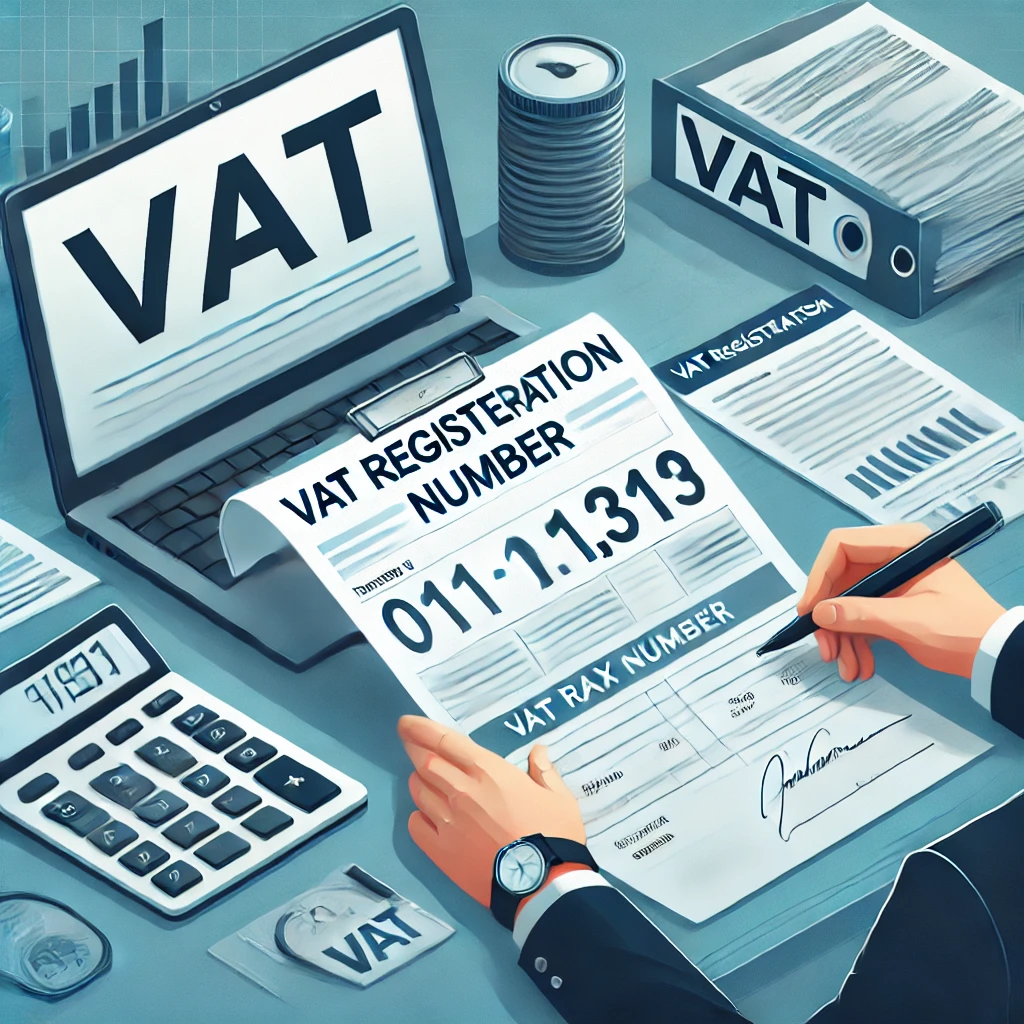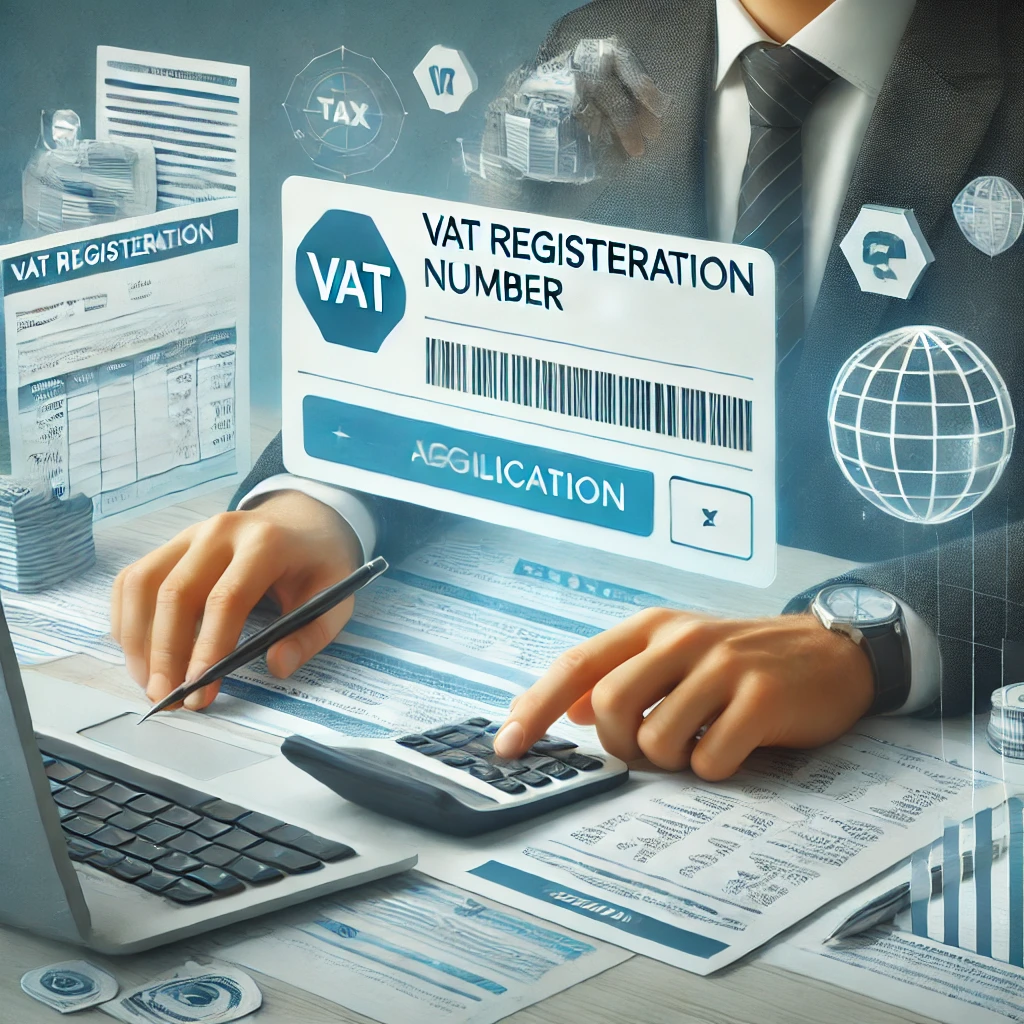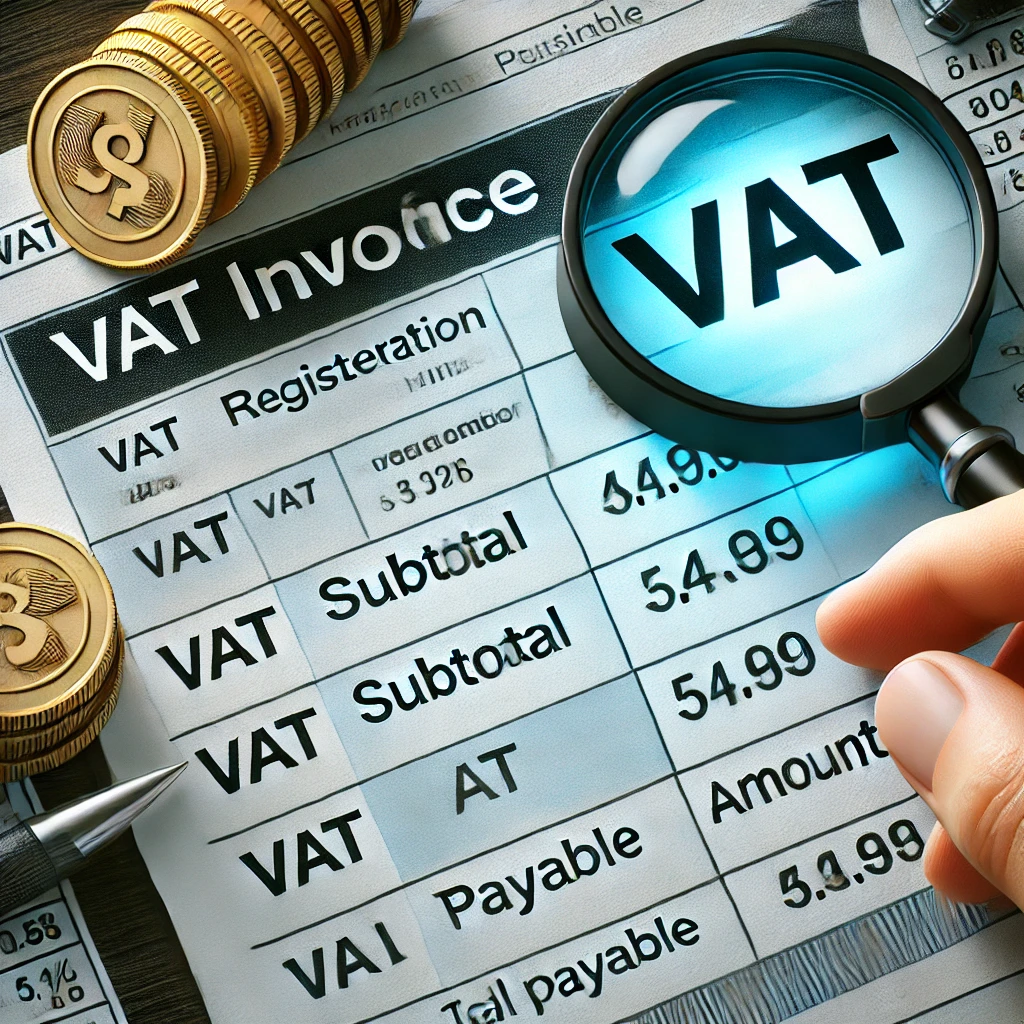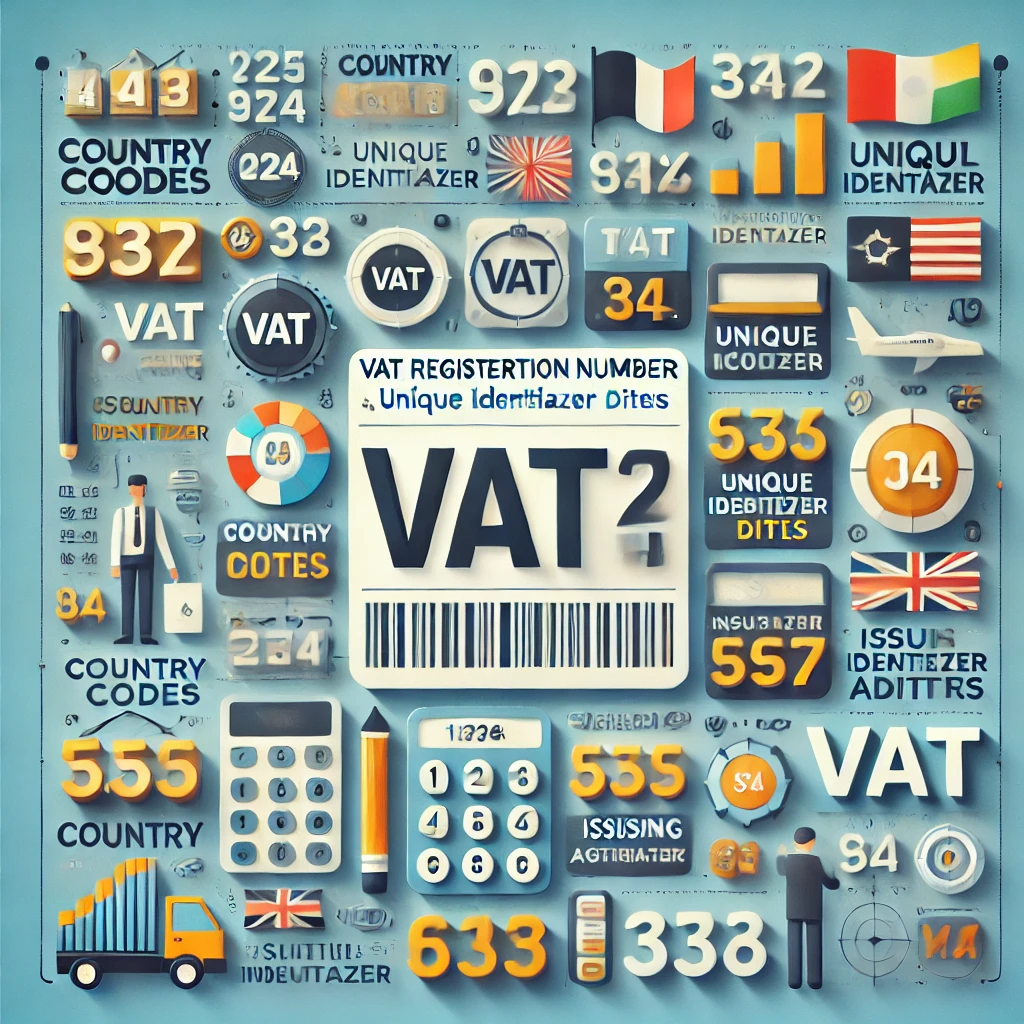Exploring What Is a VAT Registration Number in Detail
Understanding VAT registration numbers, their format, and how they function is essential for business owners, accountants, and international traders.

What Is a VAT Registration Number?
A VAT Registration Number (VRN) is issued by a country’s tax authority when a business registers for VAT. It allows companies to charge VAT on sales, reclaim VAT on purchases, and comply with tax regulations.
Key Features of a VAT Registration Number
Feature | Description |
Unique Identifier | A number assigned to businesses registered for VAT. |
Country-Specific Format | Varies by country but usually includes a country code and unique digits. |
Used in Invoicing & Tax Filings | Must be included on VAT invoices, tax returns, and customs declarations. |
Required for Cross-Border Trade | Essential for import/export businesses to reclaim VAT. |
Issued by National Tax Authorities | E.g., HMRC (UK), IRS (U.S. sales tax), EU tax offices. |
Why Is a VAT Registration Number Important?
1. Legal Requirement for VAT-Registered Businesses
- Mandatory for companies exceeding the VAT registration threshold.
- Ensures compliance with tax laws to avoid penalties.
2. Essential for VAT Invoicing & Documentation
- Must be displayed on business invoices for tax records.
- Required when filing VAT returns and tax reports.
3. Enables VAT Recovery & Input VAT Deductions
- Businesses can reclaim VAT paid on business expenses.
- Reduces tax liability and improves cash flow management.
4. Required for International Trade Compliance
- Helps businesses prove VAT status when importing/exporting goods.
- Allows cross-border VAT exemptions and reclaims within trade agreements.
5. Improves Business Credibility & Supplier Trust
- Customers and partners can verify VAT registration numbers.
- Ensures transparent and compliant financial transactions.

How to Obtain a VAT Registration Number?
1. Check VAT Registration Requirements
- Determine if your business exceeds the VAT threshold in your country.
2. Submit VAT Registration Application
- Register with the national tax authority (e.g., HMRC, EU VAT office, IRS).
- Provide business details, financial records, and tax documentation.
3. Receive Your VAT Number
- After approval, the tax office issues a unique VAT registration number.
4. Use Your VAT Number for Compliance
- Display the VAT number on invoices and file regular VAT returns.
- Ensure proper VAT record-keeping for tax audits.
VAT Registration Number Formats by Country
Country | VAT Number Format | Issuing Authority |
United Kingdom (UK) | GB + 9 or 12 digits | HMRC |
Germany (DE) | DE + 9 digits | Federal Central Tax Office |
France (FR) | FR + 11 digits | Direction Générale des Finances Publiques |
Italy (IT) | IT + 11 digits | Agenzia delle Entrate |
Spain (ES) | ES + 9 digits (may include a letter) | Agencia Tributaria |
Netherlands (NL) | NL + 9 digits | Belastingdienst |
United States (US) | No VAT, uses Sales Tax ID | State Tax Authorities |
Practical Uses of a VAT Registration Number
1. Business Tax Compliance & Reporting
- Required for filing VAT returns and claiming deductions.
2. International Trade & Customs Clearance
- Ensures smooth cross-border transactions and tax exemptions.
3. Financial Invoicing & Documentation
- Must appear on tax invoices and business transactions.
4. Tax Deductions & VAT Recovery
- Allows businesses to reclaim VAT on purchases.
5. Verification & Fraud Prevention
- Customers and authorities verify VAT numbers to confirm legitimacy.

Advantages and Challenges of VAT Registration Numbers
Advantages | Challenges |
Legal requirement for compliance in VAT-registered businesses. | Complex registration process in some countries. |
Allows VAT recovery on business expenses. | Strict tax reporting & record-keeping requirements. |
Essential for international trade & B2B transactions. | Risk of VAT fraud if misused or invalid. |
Builds trust with suppliers & customers. | Changing VAT regulations require businesses to stay updated. |
VAT Registration Number vs. Other Tax Identifiers
Tax Identifier | Purpose | Who Needs It? |
VAT Registration Number (VRN) | Used for VAT compliance, invoicing, and reporting. | VAT-registered businesses. |
Taxpayer Identification Number (TIN) | Used for general tax reporting and income tax. | All businesses and individuals. |
Employer Identification Number (EIN) | Used for payroll taxes and employee records. | Businesses with employees. |
Sales Tax ID | Used for collecting sales tax (U.S.). | Retailers and service providers. |

When Do Businesses Need a VAT Registration Number?
- Required for businesses exceeding VAT registration thresholds.
- Necessary for companies selling goods/services internationally.
- Recommended for businesses looking to reclaim VAT on purchases.
- Not required for small businesses below VAT limits (varies by country).
Conclusion
A VAT Registration Number is an essential tax identifier for businesses dealing with VAT transactions, international trade, and financial compliance. It ensures that companies correctly collect, report, and remit VAT, avoiding penalties and improving tax efficiency.
By understanding VAT registration numbers, their format, and practical applications, businesses can enhance tax compliance, facilitate global trade, and manage VAT obligations effectively. Whether you’re an entrepreneur, accountant, or global trader, having a valid VAT number ensures smooth financial operations and regulatory compliance.
